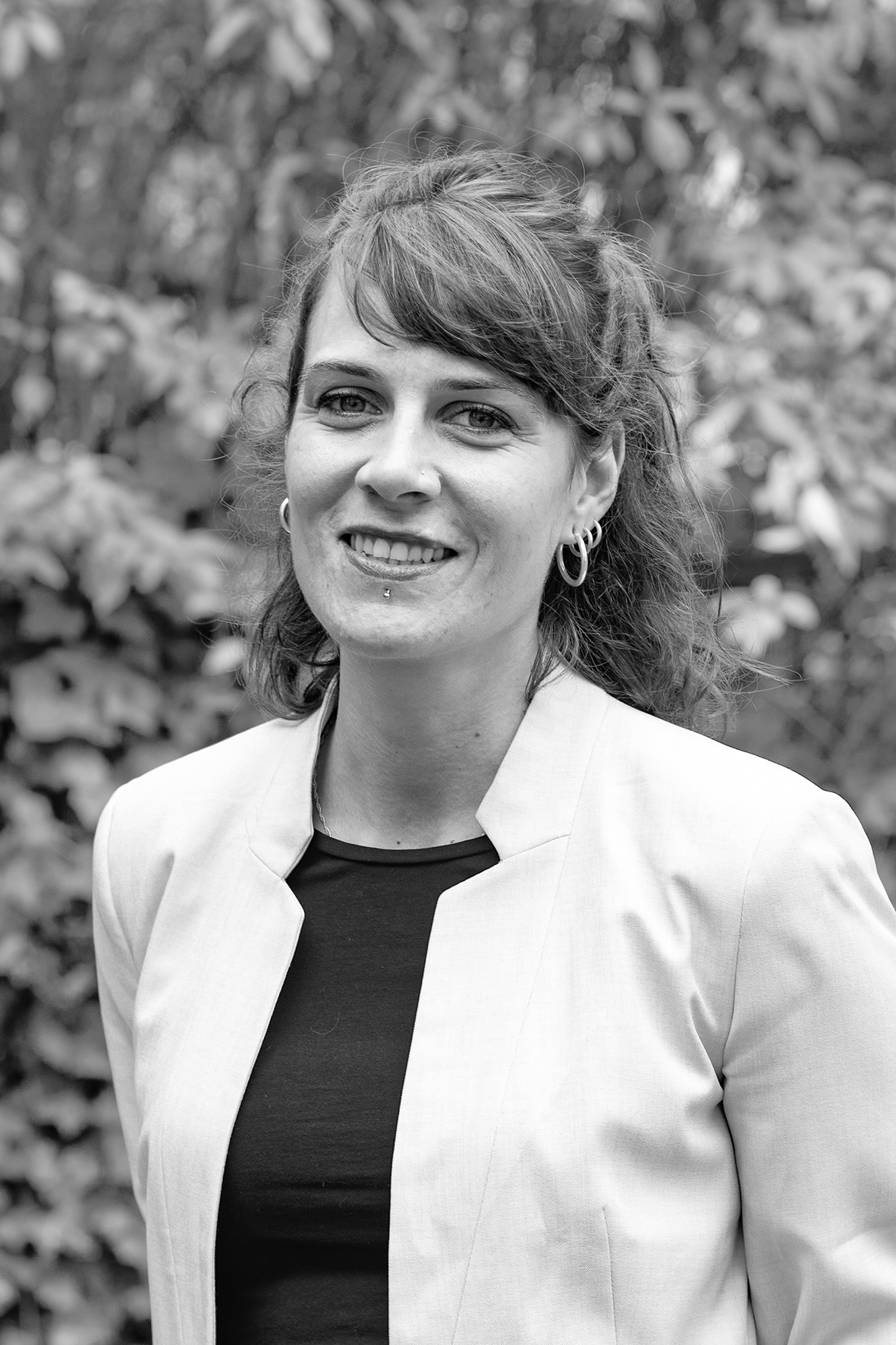
International Fellow at the Africa Multiple Cluster for Excellence (University of Bayreuth) for the 2022/23 ay. Former Post-Doctoral Research Fellow of the FCT-ID project Afrolab: Building African Literatures. Institutions and Consecration inside and outside the Portuguese-Language Space 1960-2020, based at CLEPUL – Centre for Lusophone and European Literatures and Cultures (FLUL, University of Lisbon – March to September, 2022). At the moment, her research focuses in African editorial projects form the 1950’s to the 1970’s. She’s concerned with the mobility of objects, people and ideas through the transnational networks established within Africa, Europe and Latin America by negritudinists, Pan-African or anti-colonial writers and intellectuals in those decades, with a special attention on the underrepresentation of female agency in the historical and academic narrations produced about and in those cultural environments. She gained her PhD in Portuguese Studies (History of the Book and Textual Criticism) from NOVA-FCSH with the dissertation:“(Re)building Identity through Conflict: An Approach to African Literatures written in Portuguese (1961-74)”. This dissertation was founded by FCT-IP and received an Honorable Mention for the Mário Soares Prize-EDP Foundation (2021). She holds a BA degree in Modern Languages and Literatures (Spanish and Portuguese, 2013) from the Università degli Studi of Turin, Italy. She holds a MA degree in Modern Languages and Literatures from the same university, with a dissertation on Angolan literature (2015).
COST provides networking opportunities for researchers and innovators in order to strengthen Europe’s capacity to address scientific, technological and societal challenges. There are three strategic priorities: promoting and spreading excellence, fostering interdisciplinary research for breakthrough science and empowering and retaining young researchers and innovators.
Writing Urban Places proposes an innovative investigation and implementation of a process for developing human understanding of communities, their society, and their situatedness, by narrative methods. It particularly focuses on the potential of narrative methods for urban development in European medium-sized cities.